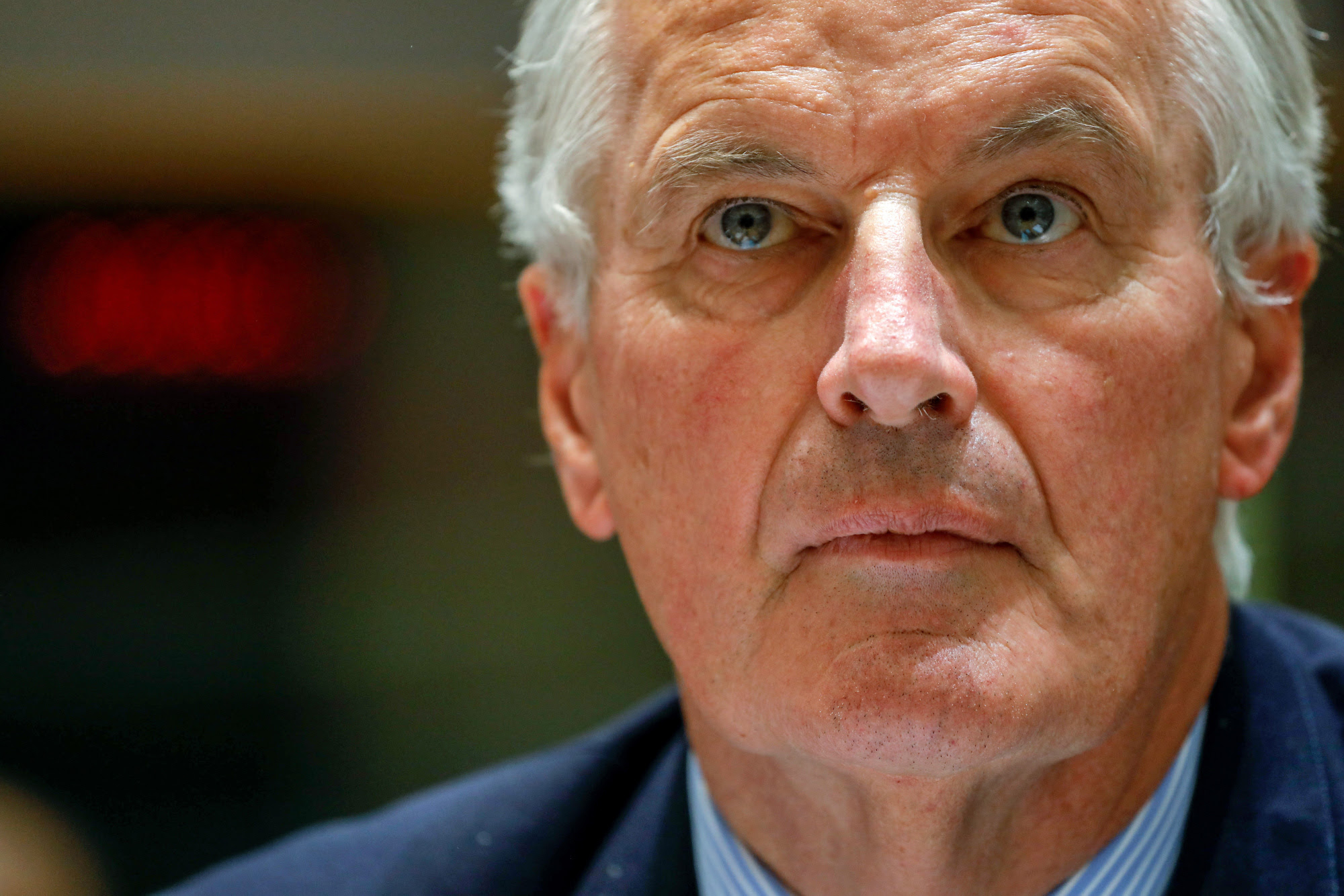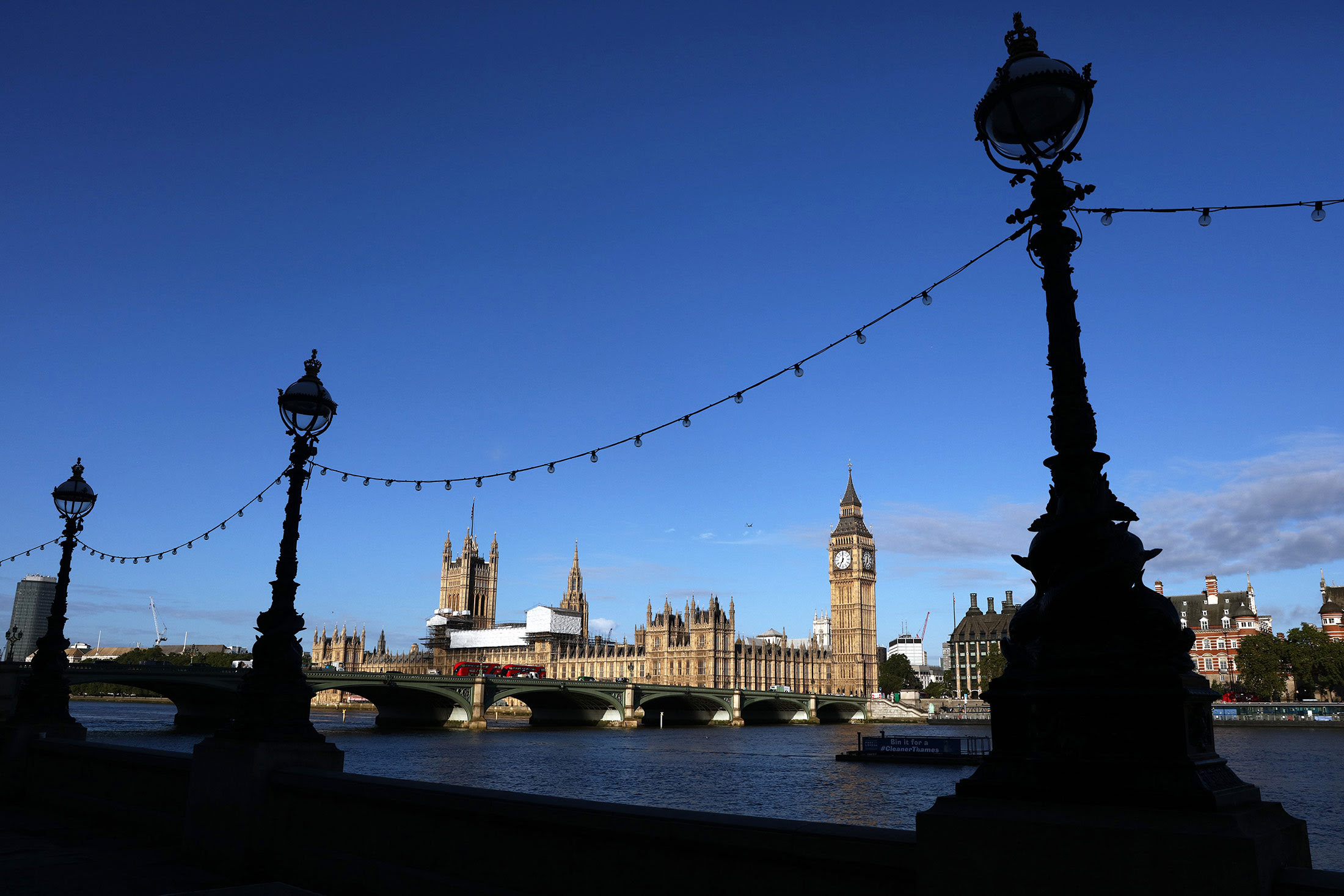Who are EU talking to?
European governments are starting to say in public what they’ve long hinted in private: they don’t know how to deal with a U.K. government that is so divided on Brexit that no one knows what it wants.
In unusually candid comments, Irish Prime Minister Leo Varadkar told the BBC on Tuesday that the government’s internal disputes made it a difficult negotiating partner.
“It is quite a difficult negotiation when people who want to leave the European Union in Britain don’t really seem to agree among themselves what that actually means.”
Others have also come out publicly to say what’s been hobbling negotiations, which have stalled again only weeks after Prime Minister Theresa May’s speech in Florence. That had fueled hope on the EU side that some progress could be made. A European summit on Thursday and Friday – originally slated as the date when talks would move on from the divorce settlement to future trade arrangements – will yield little on the Brexit front, with leaders planning encouraging gestures but no clear concessions to the U.K.
The European side wants a tight commitment on what Britain will pay when it leaves the club. But the U.K. feels it has gone far enough already and can’t offer more until it’s in the context of the future trading relationship. The Brits also believe the risks of a breakdown in talks will dramatically increase if there’s no clear signal this week that talks will advance by the end of the year.
Finland’s State Secretary Samuli Virtanen also weighed in on the U.K. disarray – which has included public contradictions, briefing wars and Foreign Secretary Boris Johnson setting out his own rival vision for a “glorious” Brexit.
“At the moment the EU-27 is more unanimous than the U.K.-One, so that’s one of the main problems here,” he said on Tuesday.
And another EU official, speaking privately, went a bit further: member states are increasingly dismayed by the incompetence of the British politicians leading their country’s talks. They doubt whether May and her cabinet will be able to carry through negotiations to a successful outcome, even though the bloc wants a deal and is prepared to help the British, the official said.
The EU side got more hard evidence of the divisions this week, as Cabinet members contradicted each other on whether Britain really is prepared to walk away from talks without a deal.
Bloomberg’s Rob Hutton has more this morning on the existential crisis facing the Tories, once the party of Churchill and Thatcher but now divided over Brexit.

No-Deal Exit | As the government cranks up the rhetoric about a no-deal Brexit, we’ve taken a look at what that will mean for key industries and daily life. From grounded Ryanair flights to risks for your daily Pret, there’s plenty of potential for chaos.
Better Off Back In | The Paris-based OECD caused a stir by suggesting the U.K. would enjoy an economic boost if it reversed Brexit. In less-reported news, it also forecast U.K. growth would slow this year and next, with expansion in 2018 of just 1 percent. The forecasts assume leaving the EU without a deal and returning to WTO rules.
Irish Bid | Ireland is considering pushing for a firm guarantee that no border will be reimposed on the island as its price for allowing Brexit talks to move on to trade, according to three people familiar with the matter. Ireland tends to be seen as one of the countries that’s keenest to move on to trade talks, but it’s aware that the the Northern Irish issue gives it more leverage in the first phase of talks, a status that will be dramatically reduced once it’s just one of 27 EU nations, Bloomberg’s Dara Doyle reports.
Scoring Points | London Stock Exchange Chief Executive Officer Xavier Rolet, known for his dire predictions about the Brexit fallout, has a new warning: France and Germany risk starting a new financial crisis if they try to use Brexit to destroy London as a financial center “just to make a political point,” Rolet writes in the Daily Telegraph.
Ad Men Scared | Worried about Brexit, U.K. companies are clamping down on marketing budgets, pushing one measure of the ad industry’s health to its weakest since the start of 2016.
Brain Drain | London’s asset managers could start to lose their investment talent to the continent and other markets after Brexit, according to a CFA Society UK survey. Just 42 percent of EU nationals polled said they plan to continue working in the U.K. after Brexit, Bloomberg’s Sarah Jones reports.Voting With Their Feet | European real estate investors may turn away from the U.K. commercial property market in favor of Germany and Spain, worried by high prices, low supply and political uncertainty. A survey of 148 investors by broker Knight Frank found that less than 12 percent rated Britain as their preferred medium-term investment target, down from 16 percent a year ago.



Comentarios
Publicar un comentario